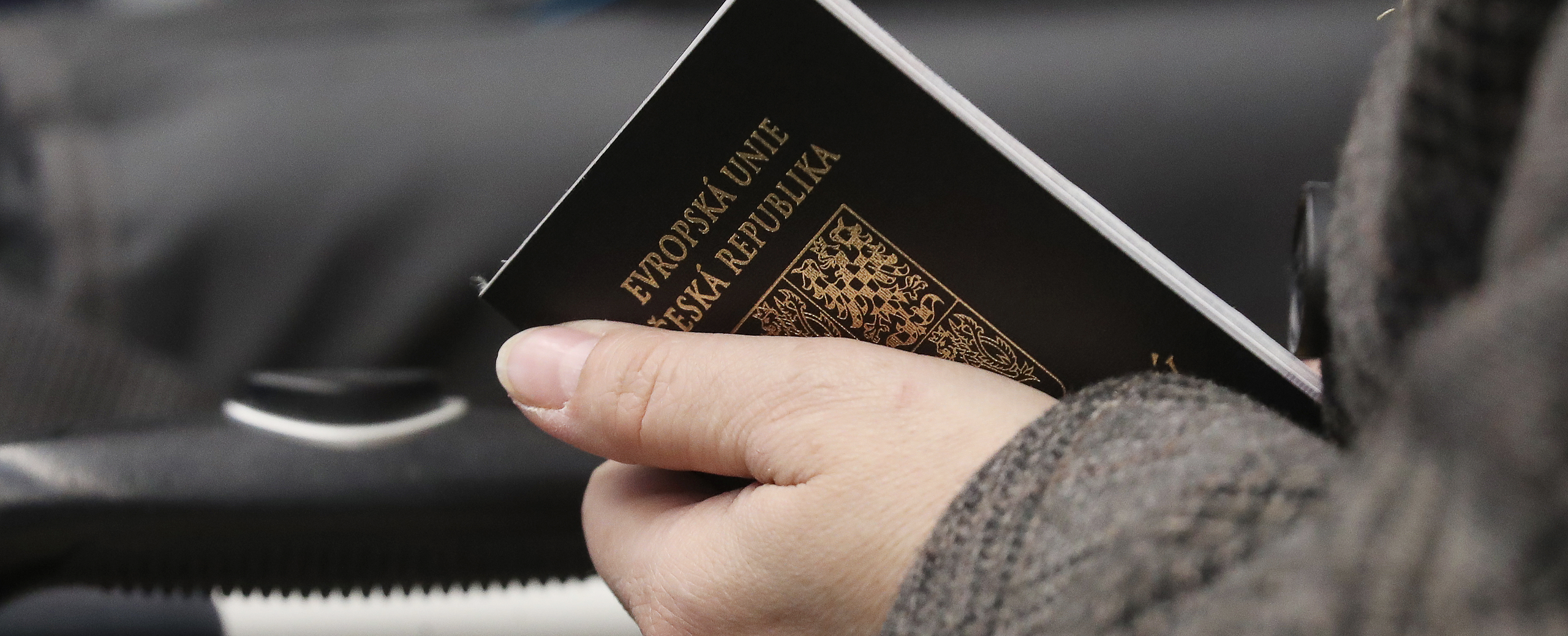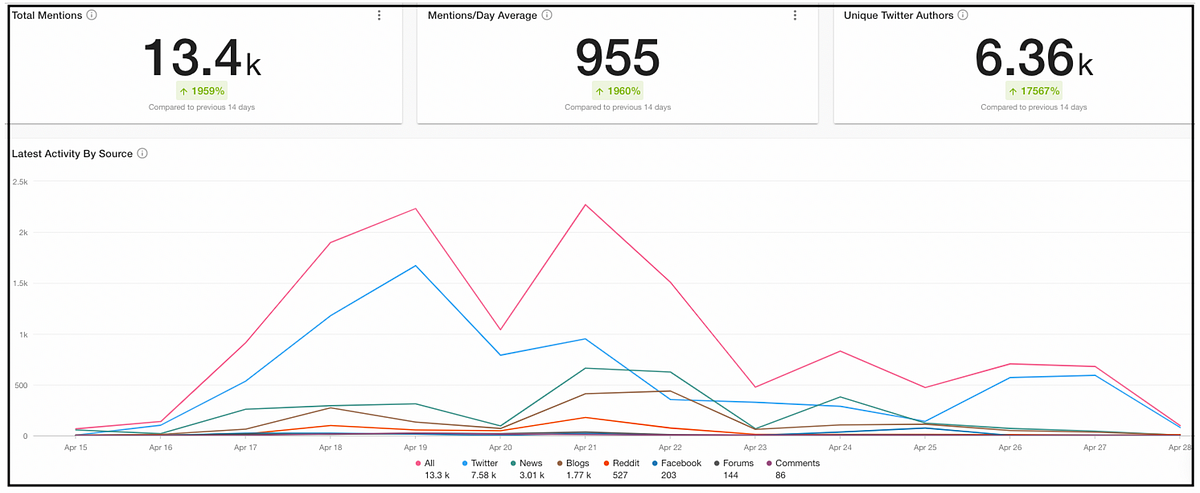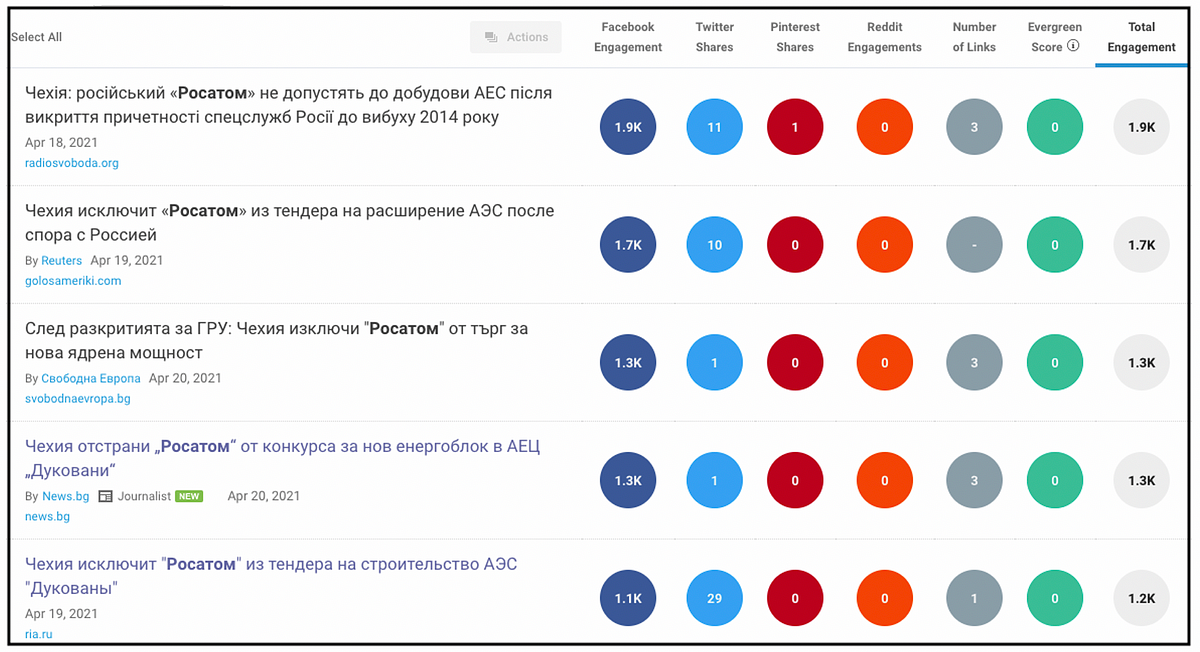Pro-Kremlin sources assert plausible deniability after Czech investigation points to Russian involvement
By Givi Gigitashvili

After Czech officials accused the Russian security services of being involved in a 2014 arms depot explosion near the city of Vrbětice, the Kremlin denied the allegations and put forward numerous alternative explanations of the latest escalation between two countries.
Following Czech Prime Minister Andrej Babis’ statement on April 17 that an investigation pointed to two agents from Russia’s Main Intelligence Directorate (GRU) as the main suspects in an explosion that killed two people, the country expelled 18 individuals working in the Russian Embassy in the country, accusing them of being intelligence operatives and suspected of being involved in the explosion. In response, Russia expelled 20 Czech diplomats. The Czech Republic’s acting foreign minister then announced that the country would expel around 60 additional members of the Russian Embassy staff to “match the number of our staff at the Embassy in Moscow.”
An April 2021 Bellingcat investigation into the 2014 blast suggested that, by targeting the arms depot, Russia may have intended to disrupt Ukraine’s ability to obtain weapons to defend itself against Russian troops in the Donbas war. However, claims that the Bulgarian arms trading company EMCO, which was storing weapons in the Vrbětice depot, was going to sell weapons to Ukraine have not been confirmed. After the Czech Republic announced the results of the investigation, EMCO issued a press release saying that at the time of the explosion, it did not have any plans to sell its weapons to any country at war, including Ukraine. However, it had supplied arms to Ukraine in the past. In view of this, Bellingcat developed a hypothesis that the Russian GRU could have targeted Czech inventory as a preventive measure to thwart Ukraine’s effort to obtain arms from Europe, especially given that the Czech Republic had exported munitions to Ukraine previously.
As Czech media intelligence company Semantic Visions reported, pro-Kremlin actors active in the Czech information environment promptly shifted their focus from producing COVID-19 disinformation to publishing stories about the GRU attack following the announcement of the investigation results. Consequently, Semantic Visions found that the number of disinformation articles discussing the blast was three times the number of articles related to COVID-19 by April 18, a day after the announcement. The DFRLab analysis of pro-Kremlin media outlets showed that these outlets spread four main false narratives about the arms depot blast and the ensuing investigation.
Narrative 1: The Czech Republic wanted to divert attention from the unsuccessful “coup d’etat” in Belarus
When the Czech Republic accused Russia of involvement in the deadly blast, Russian Foreign Ministry Spokeswoman Maria Zakharova promptly dismissed the accusations and asserted that they were only released to divert attention from the news about an alleged coup attempt in Belarus. She also claimed that the Czech Republic’s refusal to share investigation details with Moscow proved that the whole story is a “fictitious, dirty, disgusting fake.“ Along similar lines, Vladimir Dzhabarov, first deputy chairman of Russia’s Federation Council’s Foreign Affairs Committee, accused U.S. intelligence services of plotting the assassination of Belarusian President Aleksandr Lukashenko and his family, a scheme apparently thwarted by the Kremlin and Minsk. Czech officials’ revelations regarding the blast, Dzhabarov claimed, were released to help the U.S. by diverting attention from the failed coup d’etat. Narratives connecting the Czech investigation and the U.S.-led “coup” spread in Belarus were amplified and recycled by multiple Kremlin-funded media outlets, including Rossiya 1, NTV, RT and Sputnik.
On April 17, Aleksandr Lukashenko alleged that the U.S. planned to assassinate him and claimed that they allocated $1 million to hire a sniper and $10 million for the destruction of his countryside residence with Lukashenko and his family in it. Belarus’s main security agency used a Zoom conversation from summer 2020 as evidence in which several people are heard discussing details of a planned coup. Russia’s Federal Security Service (FSB) detained in two Belarusians who were allegedly part of the scheme, which was supposed to take place on May 9, 2021. One of the detainees, Yuras Zyankovich, is a Belarusian-born lawyer who also holds U.S. citizenship.
Belarusian and Russian authorities have not provided any other evidence to support that the U.S. indeed planned this act against Belarus. Moreover, Belarus has been accusing foreign countries of inciting unrest in Belarus ever since the pro-democracy protests erupted in the country in summer 2020.

Narrative 2: The Czech Republic wanted to exclude the Russian state energy corporation Rosatom from nuclear power plant construction tender
Another popular explanation among pro-Kremlin actors was that the Czech Republic accused Russia of blowing up the ammunition depot in order to create a pretext for excluding the Russian state atomic energy corporation Rosatom from the nuclear plant construction tender in the country. Kremlin-funded TV channel Rossiya 24 claimed that the Czech Republic excluded Rosatom from the public tender without waiting for the end of the investigation. Rossiskaya Gazeta asserted that a Chinese company had been excluded as well from the competition in order to make the U.S. firm Westinghouse Electric the main contender for the $6 billion nuclear power plant construction contract. Along similar lines, RT claimed that the “ridiculous accusations” that Russia had caused the explosion of the ammunition depot were used as a pretext to exclude Russia from participating in the tender. RT also suggested that the fact that Westinghouse Electric remains the strongest contestant for being awarded the contract raises questions. At the same time, another Kremlin-linked outlet, News Front, claimed that the Czech Republic excluded Rosatom from this tender to allow a French company, EDF, to become the frontrunner for the contract. No concrete evidence to back these accusations has been presented, however.
The Czech government did exclude Rosatom from bidding for the project in Dukovany over “security concerns,” after the results of the investigation were announced. Czech Deputy Prime Minister Karel Havlíček wrote that three remaining companies from France, the United States, and South Korea will be bidding for the tender.

Narrative 3: The U.S. is behind the recent expulsion of Russian diplomats from European countries
Amid the diplomatic fallout of the Czech investigation, the Kremlin pointed to “American traces” in what it presented as an orchestrated anti-Russian campaign to expel Russian diplomats from multiple European countries. Russia’s Ministry of Foreign Affairs issued a press release saying that, against the backdrop of the recent U.S. sanctions against Russia, Czech authorities were trying to please their “overseas masters.” Similarly, RT reported that the diplomatic scandal between the Czech Republic and Russia could have been instigated by pressure from Washington, which recently introduced new sanctions against Russia. Vesti asserted that it was understandable that Poland would Washington and expel Russian diplomats from the country, and that that Czech officials would do the same thing.
There is currently no evidence that the U.S. was involved in the expulsion of Russian diplomats from the country, despite Russian officials’ claims.
Narrative 4: Anti-Russian political forces in the Czech Republic wanted to sabotage the country’s plans to buy the Sputnik V vaccine from Russia
Pro-Kremlin outlets also asserted that since some officials from the Czech government expressed an interest in buying the Russian Sputnik V vaccine, anti-Russian forces spread accusations against Russia in order to sabotage it, as the Czech Republic’s procurement of the Russian vaccine would constitute another major blow for Western propaganda against Russia. Kommersant wrote that the prospect of the Czech Republic buying Sputnik V pushed Russophobes in the country to fight against the normalization of relations with Russia. EADaily claimed that the Russian vaccine had divided the Czech Republic into two camps: one that refused to get it, disregarding the lives of their compatriots, and one ready to use Sputnik V in order to save people’s lives.
Czech Prime Minister Andrej Babiš had in fact expressed a readiness to buy the Russian vaccine prior to the diplomatic fallout. There is no evidence, however, to suggest that the accusations against Russia resulting from the investigation were invented to prevent the Czech Republic’s purchase of the Russian vaccine.
RT Editor-in-Chief Margarita Simonyan also weighed in on the discussion on Twitter:
What is the Czech Republic trying to tell us? That in their private warehouse, without monitoring, criminals kept weapons in volumes capable of providing for a long-term civil war in an average European state. And they, the Czechs, did not do anything about it… And then Boshirov and Petrov came and blew up this warehouse to dog cockroaches. And the average European state can now sleep peacefully. Well, if so, then I am proud to know these brave guys, knights of world peace and law and order.
Simonyan’s tweet is revealing, in that it implies that Russia may not only have been responsible for the blast, but that it may have been justified in blowing up the ammunition depot. This is in line with one of the tactics used by Kremlin propagandists: first they deny their wrongdoing at all cost, then they may admit Russia’s culpability at least partially, but they still maintain that Russia did not cause any harm and instead portray its behavior in a positive light. Moreover, Simonyan claim that “criminals kept weapons” in the arms depot is not true. As a Bellingcat investigation showed, four companies legally stored their munitions in this depot in 2014.
In an attempt to assert plausible deniability in the Czech arms depot blast, the Kremlin tried to obfuscate its responsibility, despite evidence pointing to its involvement. To that end, pro-Kremlin actors produced multiple false explanations about the Vrbětice explosion.
Givi Gigitashvili is a Research Assistant, Caucasus, with the Digital Forensic Research Lab and is based in Georgia.
Cite this case study:
Givi Gigitashvili, “Kremlin spins alternative theories about 2014 Czech depot blast,” Digital Forensic Research Lab (DFRLab), May 18, 2021, https://medium.com/dfrlab/kremlin-spins-alternative-theories-about-2014-czech-depot-blast-d43ca0dd61e6.
Follow along for more in-depth analysis from our #DigitalSherlocks.

